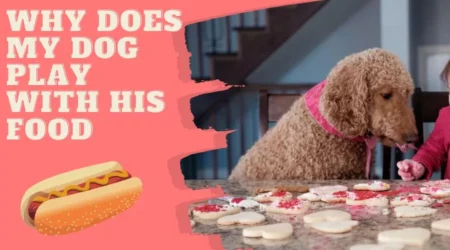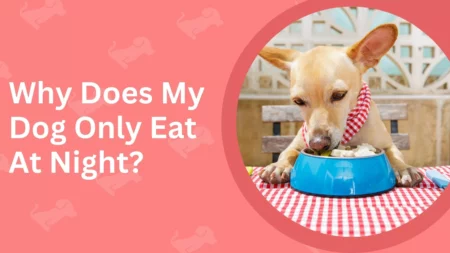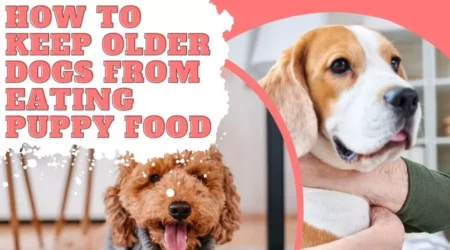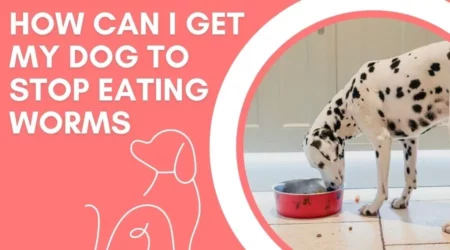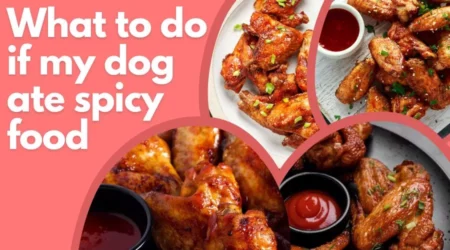Even the most loving dog owners can occasionally feel frustrated with their pets. Maybe your dog won’t stop barking, or perhaps it won’t eat its dinner.
Regarding Fido’s eating habits, this is a fairly common situation for pet owners to find themselves in. While dogs won’t eat dinner occasionally, most pups will get over the strange behavior once they are hungry again.
However, if your dog refuses to eat after surgery ↗, you may need to take measures and actions to help them get back on track regarding nutrition.
Here are some tips for getting your dog back on track after surgery and eating again as quickly as possible.
Increase Calories
Most dogs will lose some weight while healing, but you should keep their diet high in calories—especially if your dog is older.
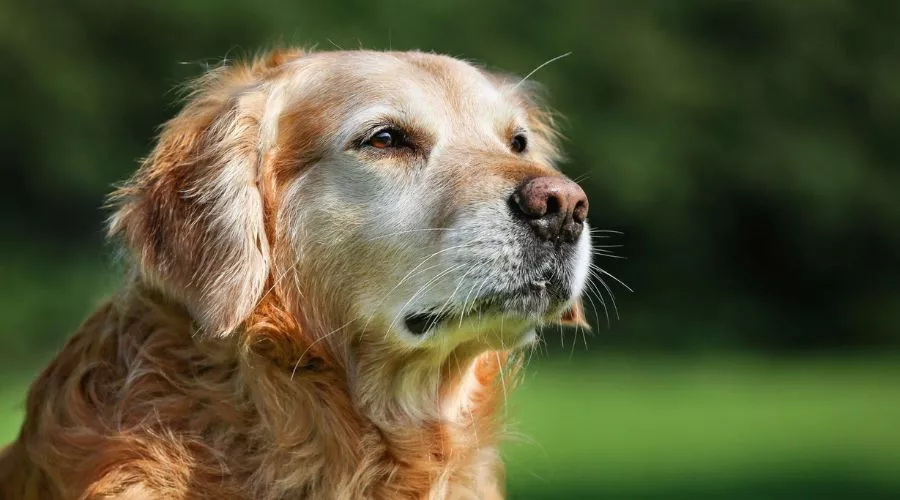
Studies suggest that dogs lose their appetite after surgery because they are in pain. If your dog is experiencing discomfort, it may not have the energy to hunt for kibble.
Since dogs rely on their teeth to break down food, rigid, crunchy kibble can cause significant discomfort and pain. As such, dogs recovering from surgery may not deal with chewing on kibble. Therefore, you may consider switching to a softer diet until your dog is fully healed. Some examples of softer options include:
- Easy-to-digest canned food
- Pudding or custard made from kibble
- Pureed meat
- Soft
- wet dog treats
Add More Flavor
Dogs are notorious for having a sensitive palate, so it’s possible that your dog won’t have a taste bud in its mouth.
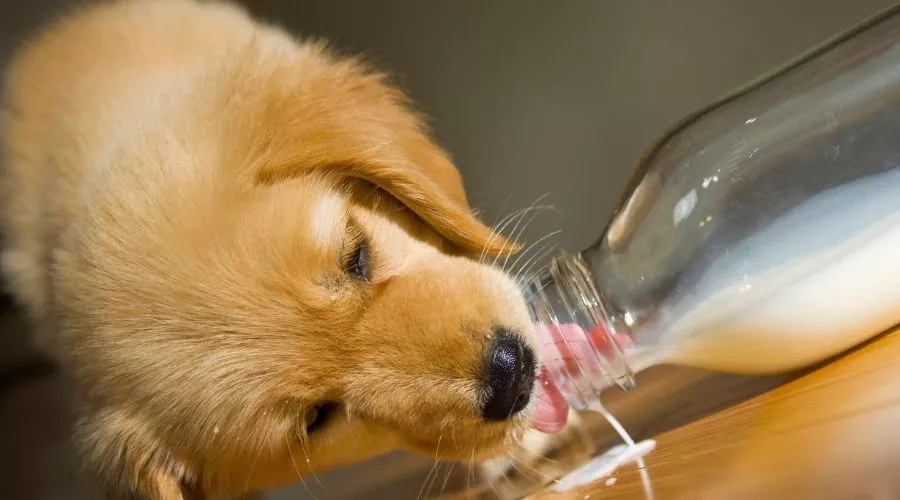
However, this doesn’t mean they don’t have a mouth. In some cases, dogs will refuse food because they are in pain or don’t like the taste of the food you’ve provided. You can try adding flavorful protein to your dog’s food to avoid this problem.
Some suggestions include:
- Applying a meat marinade to kibble
- Adding herbs and spices to wet food
- Adding wet food to dry kibble
- Adding gravy to soft food
Provide Tasty Treats
When dogs don’t eat, it may be a sign that they are experiencing pain. In these cases, your veterinarian may prescribe pain medication for your pet.
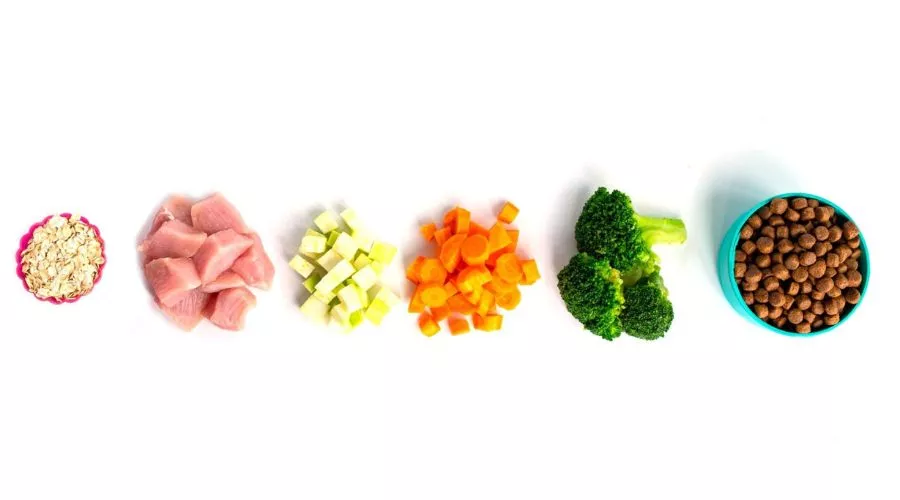
Although this will help reduce discomfort and make it easier for your dog to eat, it may still refuse to eat kibble or soft food. In this case, you can try adding tasty treats to the diet.
Some delicious dog treats you can try include:
– Dried liver – Canned fish – Canned pumpkin – Plain yogurt – Soft bread. You can also try soaking a few dog biscuits in water or broth to make them more appealing to your dog.
Hand-Feed Your Pup
If your dog refuses to eat, you can try hand-feeding them. This can help you pinpoint specific issues, such as pain or a dislike of the food. If your dog is not interested in eating, you can try warming up the food.
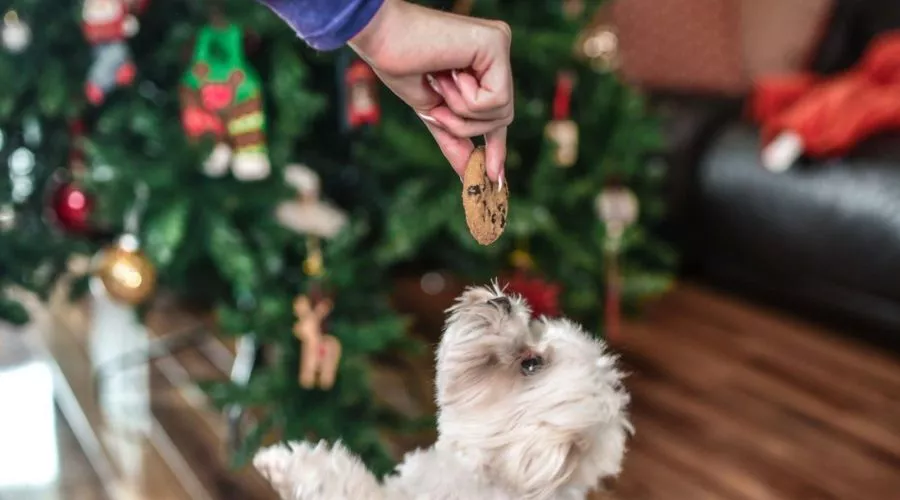
You can do this by placing the food in a cup of warm water or a microwave-safe bowl.
If you have tried other methods without success, you should call your veterinarian to schedule a check-up. There may be an underlying medical issue that requires treatment.
Ask Your Vet About A Prescription Diet
If your dog is still not eating after a few days, you may consider switching their diet to a prescription diet.
This type of food is specially formulated for dogs recovering from surgery, senior dogs, and overweight dogs trying to lose weight. Remember that if your dog doesn’t eat for an extended period, it will become malnourished.
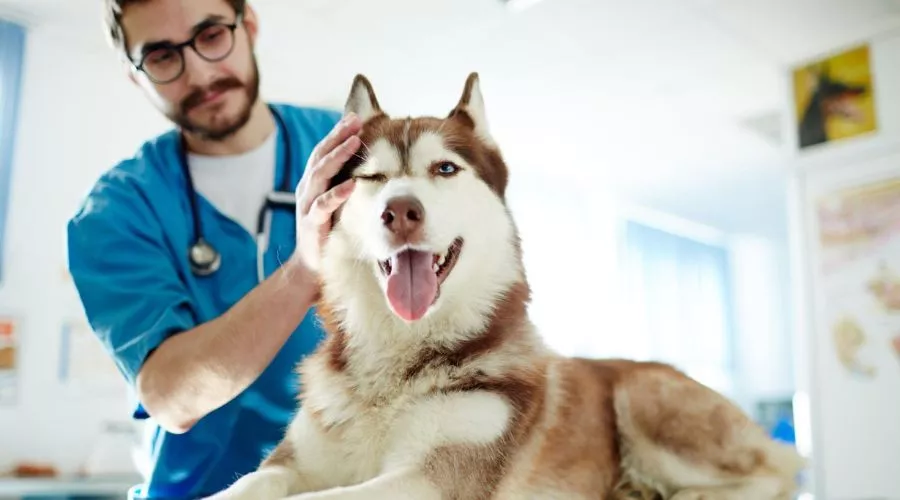
This can result in complications and, in some cases, death. Contact your veterinarian immediately if you are concerned about your dog’s eating habits.
Monitor Your Dog’s Diet While Recovering
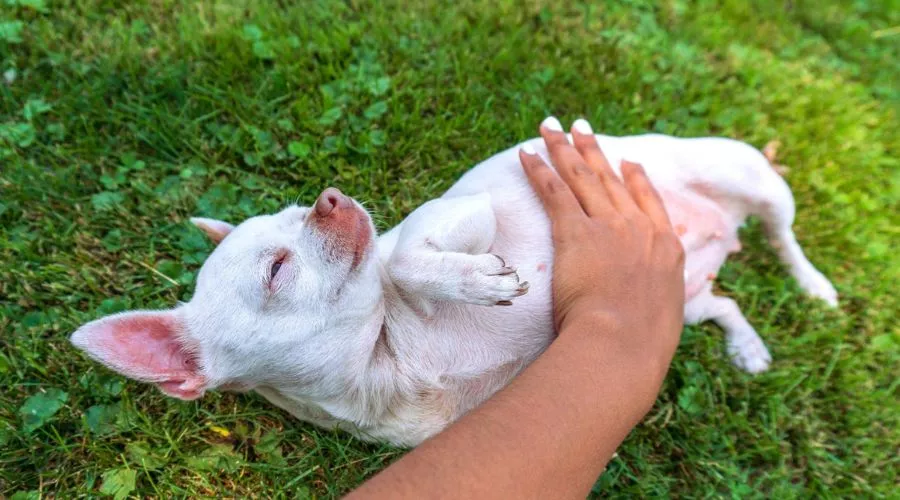
When your dog undergoes surgery, it may experience an upset stomach and lose its appetite and ability to digest food as usual.
If you notice changes in your dog’s diet, you must talk to your vet immediately. Your veterinarian will be able to recommend a food plan that is specifically designed for your dog’s needs during surgery.
Feeding your dog the proper diet while they are recovering is crucial. Not only does it help with the healing process, but it can also prevent complications, such as infections.
As your dog heals after surgery, keeping an eye on its diet is essential.
Your veterinarian can recommend a feeding schedule based on the type of surgery performed.
If you notice changes in your dog’s eating habits, such as reduced appetite or suddenly switching snacks, there could be an underlying medical issue. You must consult your veterinarian to rule out any severe diseases in these cases.
COMMON REASONS FOR LOSS OF APPETITE IN DOGS
There are various reasons why your dog might not have an appetite. If you have recently had surgery, you may have an upset stomach, making it difficult to eat. Other reasons may include:
What do I feed my dog after surgery?
If your dog has undergone surgery, it is essential to feed them a diet that is easy to digest. You should avoid giving your dog crunchy kibble because chewing can be painful after surgery. Instead, it would help if you gave your dog a soft diet, such as canned food, gentle dog treats, warm pudding, or a combination of warm canned food and soft dog treats.
If your dog has undergone significant surgery, your veterinarian may recommend that they consume a liquid diet for a few days after surgery.
Some veterinarians may also recommend a liquid diet for dogs who have undergone minor surgeries. This is beneficial for several reasons:
First, it helps dogs maintain calorie intake. Second, it allows dogs to avoid vomiting and diarrhea, which are very common after surgery.
Most veterinarians recommend that you feed your dog a high-calorie, high-fat diet while they recover from surgery. This will provide your dog with the necessary nutrition while minimizing digestive problems.
Checklist of Recovery Diet for Your Dog
- Easy-to-digest canned food
- Pudding or custard made from kibble
- Pureed meat
- Soft, wet dog treats
- Dried liver
- Canned fish
- Canned pumpkin
- Plain yogurt
- Soft bread
- Dried liver
- Canned fish
- Canned pumpkin
- Plain yogurt
- Soft bread
Final Thoughts
After dog surgery, you will want to ensure that your pet is recovering properly. There are things that you can do to help your pet feel better after surgery.
1. Keep your pet calm: One of the best things you can do for your pet is to keep them calm during recovery. Keep their environment quiet and free of distractions.
2. Stay positive: It can be easy to get worried or upset when your pet is injured or sick. However, negativity can harm your pet’s health and recovery time. Try to stay optimistic throughout the healing process.
3. Watch for signs of improvement: Even though it may be hard to see any improvement at first, there will likely be some signs of healing as the recovery progresses. You may notice your pet moving around more easily or increase their appetite. These are all good signs that your pet is on the road to recovery!
FAQS
How Can You Help Your Dog Stay Hydrated After Surgery?
After surgery, your dog may not be able to drink water as it normally would. If your dog is experiencing difficulty drinking, you can try adding water to its food or give them water via an IV drip. However, check with your veterinarian to determine how much water your dog should consume after surgery.
How do you force-feed a dog who won t eat?
There are a couple of things you can try to encourage your dog to eat.
1. If your dog is resistant to eating, try smearing something he likes on his food. You can try this with wet food or dry food. When working with my dogs, I found that they were more likely to eat if I put peanut butter on their kibble.
2. Try different types of food. Just like people, dogs can be picky about what they eat. If your dog doesn’t eat something, try something else.
3. Offer the food more frequently throughout the day so that it doesn’t spoil and cause a foul smell in the house.
4. If you’re concerned that your dog isn’t getting enough nutrients, you can talk to your vet about how to help with this situation.
Is it normal for a dog not to eat or drink after spaying?
Spaying/Neutering is a major surgery requiring your pet to rest and recover. This can result in your pet being slightly moody and less active. If your dog is not eating or drinking, this can be why. There are also times when appetite can dip after spaying in dogs, and this is very normal, but you should always be aware if it doesn’t go back to normal in 2-3 days, if your dog isn’t constantly eating or drinking, you should get them checked by a vet immediately.
These are symptoms of post-spay complications:
Blood in or around the incision
Increased thirst or urination
Nausea or vomiting
Inability to urinate or defecate
Low energy levels despite a healthy appetite
How long does it take for dogs to feel better after surgery?
Your dog’s recovery after surgery depends on his type of surgery, the procedure performed, and his overall health. Dogs generally feel better after surgery when their pain subsides and they feel well enough to move around and start normal activity. They will need plenty of rest and healing time after surgery.


